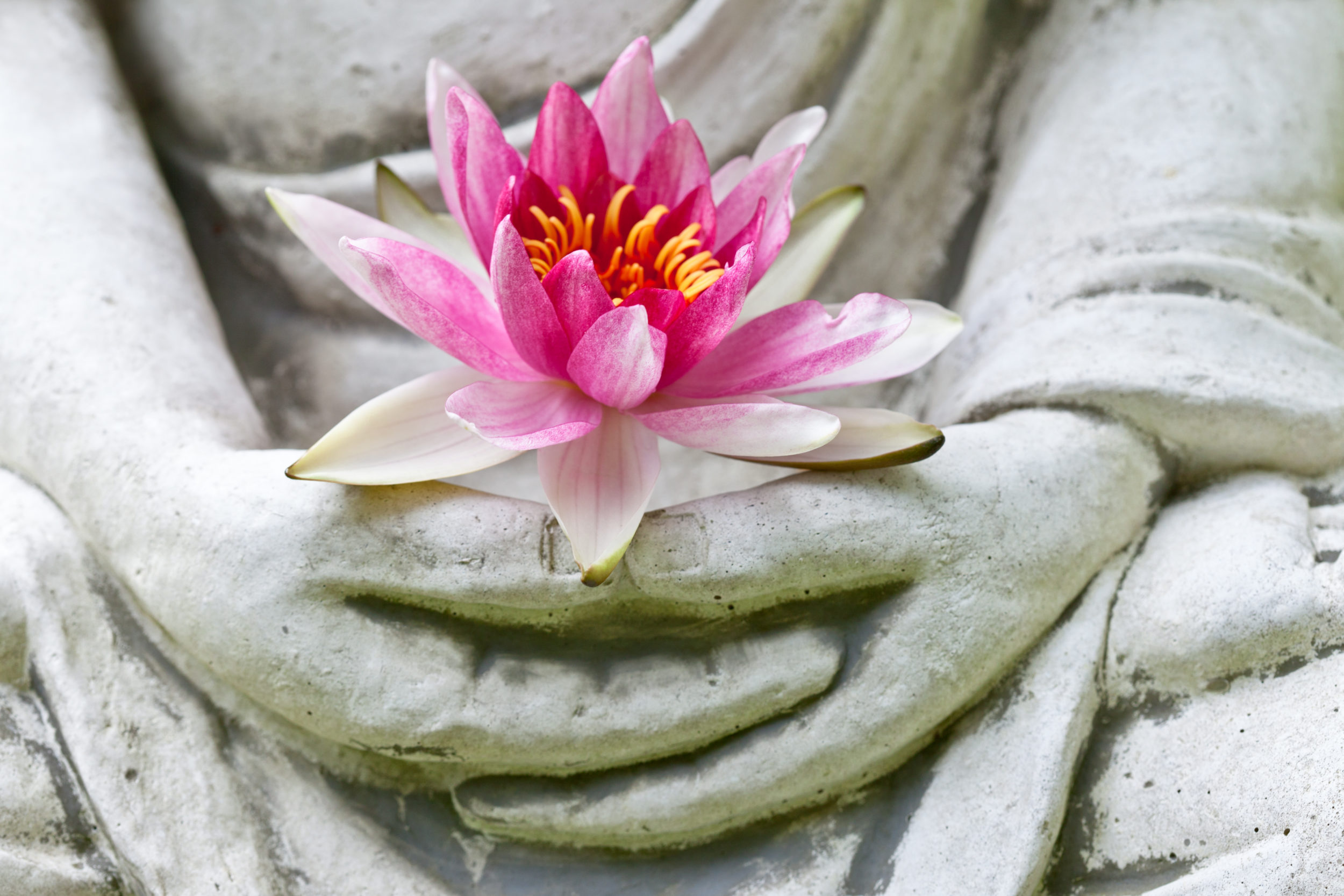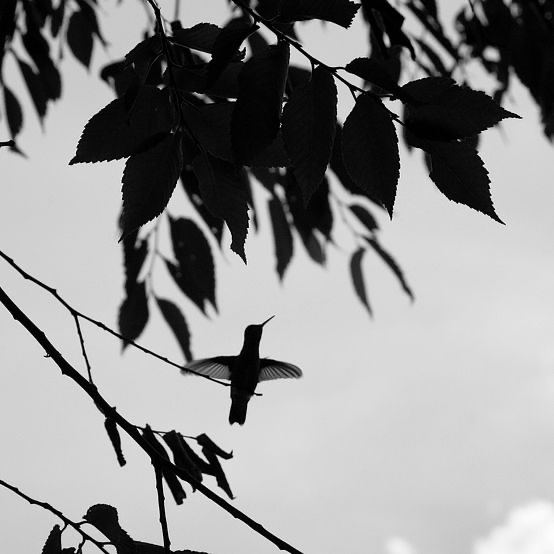Muse: to reflect, contemplate, to
meditate in silence on some subject.
“We are not meant to heal our way out of being human.
We are meant to allow being human to heal us.”
~Weist
To be truly human we must allow ourselves to experience it all. All of the ups and downs, the twists and turns, and all of the feelings that life can trigger in us. Rather than trying to change or fix our human experience, we must allow our human experience to change us. We spend a lot of time trying to control or shape our human experience when in reality it is our experiences in life that shape us.
May we let our humanness shape us into kinder and more compassionate beings.
– Daria
Please feel free to share this “museletter” with others that you think may benefit from it.
A Grief Quarantine
When we are in deep grief it can feel a lot like living in quarantine especially when we live in a grief avoidant culture. Here are some ways that grief can feel like being quarantined.
We feel isolated. In grief, we can feel cut off from the rest of the world. Grief forces us into a place that we don’t want to be. We want to be somewhere else and we want to be doing anything else but this. We want to go back and say all of the things we wish we would have said and we want to do all of the things we wish we would have done before we ended up in this quarantined place. We feel like we live in the land of the lost. It feels as if there is some barrier between us and the rest of the world almost like we are partitioned off (quarantined) as everyone else goes on with life as usual. We can’t reach through the barrier no matter how hard we try and no one outside even knows the barrier exists.
We live in the unknown. We feel like someone flipped a switch and we are living in some alternate universe. We aren’t sure how we got here and we have no idea how long we will be in this place of deep pain. Grief is unpredictable and there is no specific timeline nor are there any easy answers to our complicated questions.
People avoid us. Our culture is uncomfortable with grief so people may avoid us because they don’t know what to say or to do. Our discomfort makes them uncomfortable. It’s as if we are contagious and people fear that our “sickness of grief” will be passed on to them.
We wear a mask. The mask that we wear in grief isn’t the same as the masks that medical personnel wear. Instead, our mask consists of putting on a smile to cover our sadness so we appear to feel better than we actually do. We do this to protect others from our pain as we don’t want to make them uncomfortable.
Some people ignore the quarantine. Some people will pretend like nothing has happened and want us to get back to life as “normal,” get back to who we once were. They want us to stay busy so we keep our mind off of what has happened. Or they remind us we should feel better by now not understanding how deeply our grief has affected us.
We are forever changed. What we learn in our grief quarantine is that our grief never really goes away. It has forever changed us. Even when we step out of this quarantine life will never be the same. Our time in quarantine has made us slow down so we can adequately grieve as well as mourn who and what we have lost as we let this loss change us into better versions of ourselves.
The Written Word
There are many ways to express our grief and putting our thoughts, feelings, and ideas on paper can be a very healing process. The suggested prompts here can be done one time or multiple times. I’ve learned it helps to set a timer for 10-15 minutes and keep your pen moving for the entire time. I encourage using pen and paper rather than a keyboard as there is a hand/heart connection when writing longhand. Don’t worry about spelling, punctuation, or grammar, just write. When the timer goes off you stop writing even if you are in mid-sentence. Don’t reread your work at this time. Just set it aside for a couple of weeks and then go back and see what your words may have to say to you.
(If you choose to use a keyboard the same instructions apply).
Try this writing prompt:
What masks do you wear to hide your grief?

Resources
I will list some books, articles, poems, movies, or other resources that I as well as others have found helpful on this grief journey. I hope these resources may deepen your understanding of grief, maybe bring you some sense of comfort, and help you to feel less alone in your grief.

